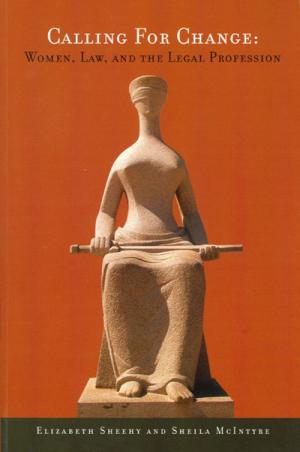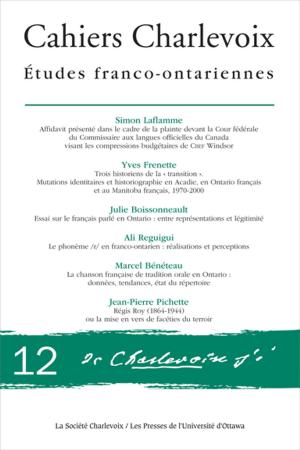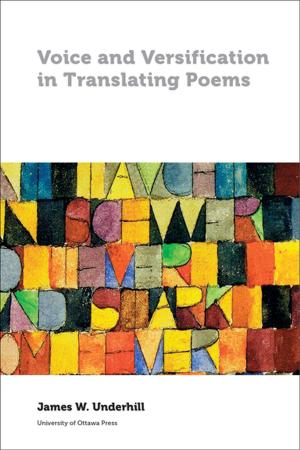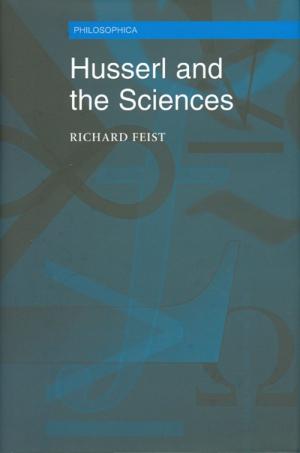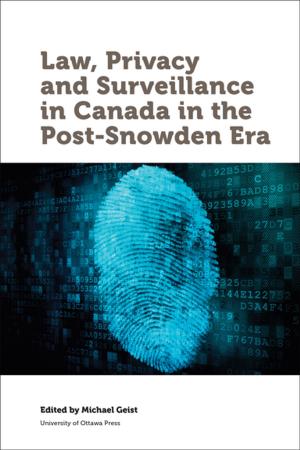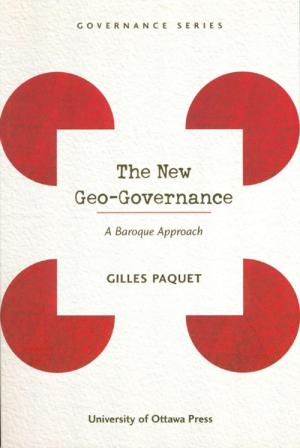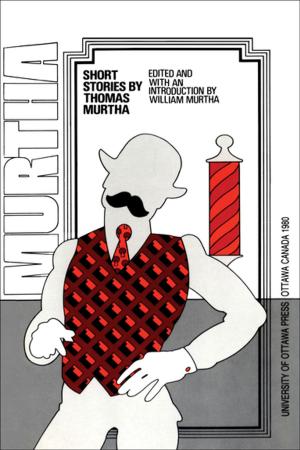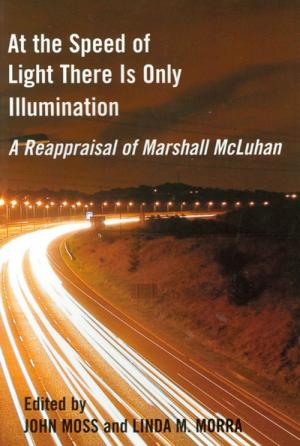Academic Writing for Military Personnel
Nonfiction, Reference & Language, Study Aids, Graduate & Professional, Armed Forces, Language Arts| Author: | Adam Chapnick, Craig Stone | ISBN: | 9780776618852 |
| Publisher: | University of Ottawa Press | Publication: | October 27, 2010 |
| Imprint: | University of Ottawa Press | Language: | English |
| Author: | Adam Chapnick, Craig Stone |
| ISBN: | 9780776618852 |
| Publisher: | University of Ottawa Press |
| Publication: | October 27, 2010 |
| Imprint: | University of Ottawa Press |
| Language: | English |
Academic Writing for Military Personnel is written for members of the military who are either new to or re-entering the academic community and who need to familiarize themselves with academic writing. The authors, an experienced writing instructor and a retired military officer, show how persuasive academic writing enhances officers’ effectiveness in their regular duties, especially as they reach more senior levels of service. They explain the differences between staff writing and academic writing, and outline some of the common errors military personnel make when transitioning from one to the other. The book’s chapters outline the value of strong written communication skills, the research process, the writing process, academic referencing, and frequent grammatical and syntactical errors. Specific examples chosen with a military audience in mind are integrated throughout the book to provide the reader with relevant and practical guidance. The book concludes with a discussion on how officers can use the knowledge they have acquired through their professional experiences in their academic work. As the only comprehensive guide to effective academic writing designed specifically for military personnel, this book will be a crucial addition to the libraries of junior and senior officers in militaries worldwide.
Academic Writing for Military Personnel is written for members of the military who are either new to or re-entering the academic community and who need to familiarize themselves with academic writing. The authors, an experienced writing instructor and a retired military officer, show how persuasive academic writing enhances officers’ effectiveness in their regular duties, especially as they reach more senior levels of service. They explain the differences between staff writing and academic writing, and outline some of the common errors military personnel make when transitioning from one to the other. The book’s chapters outline the value of strong written communication skills, the research process, the writing process, academic referencing, and frequent grammatical and syntactical errors. Specific examples chosen with a military audience in mind are integrated throughout the book to provide the reader with relevant and practical guidance. The book concludes with a discussion on how officers can use the knowledge they have acquired through their professional experiences in their academic work. As the only comprehensive guide to effective academic writing designed specifically for military personnel, this book will be a crucial addition to the libraries of junior and senior officers in militaries worldwide.


